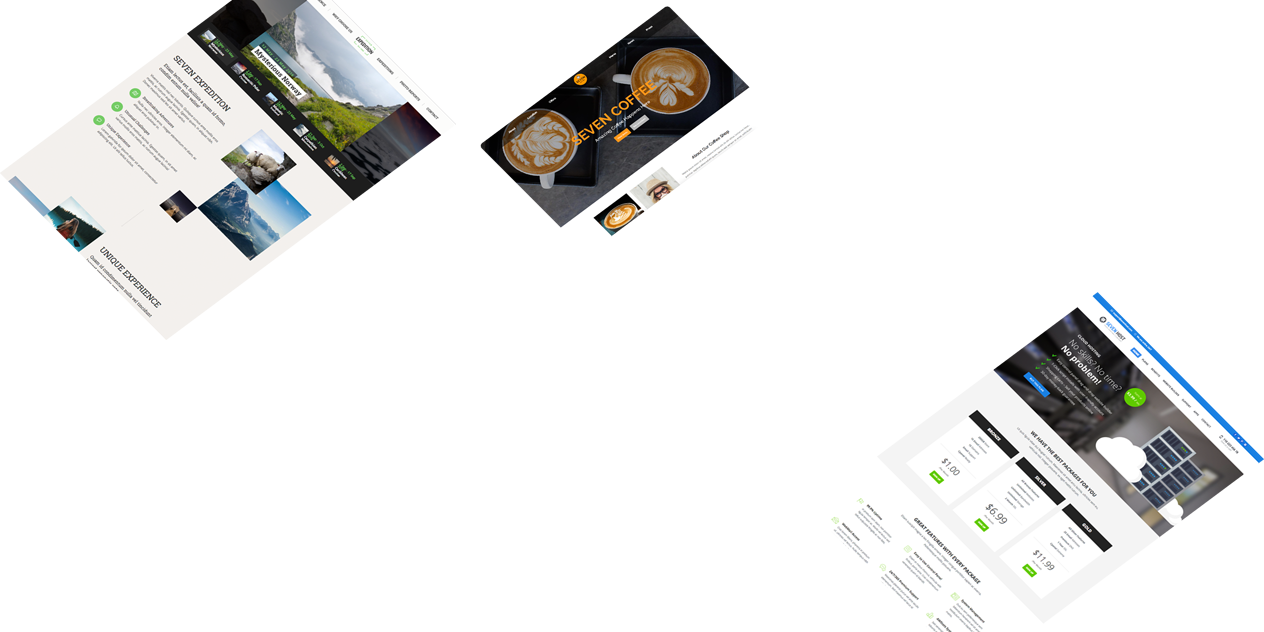This Monday (June 18), the seminary “socioeconomic Monitoring” took place.
“socioeconomic Monitoring” ?
“Présentation de la 3e édition du #monitoring socio-économique par le @SPFEmploi et @Unia”

credit: Bruxelles Formation
“Journée d’étude monitoring socio-économique : marché du travail et origine. Considérations par @tom_bevers”

credit: SPF emploi
“Présentation du monitoring socio-économique: “La situation des personnes d’origine étrangère sur notre marché du travail est moins bonne que dans tout autre pays de l’UE” @SPFEmploi et @unia”

credit: Fatima Zibouh
Is discrimination a thing of the past in corporate Belgium?
“Bravo à UNIA et SPF emploi qui ont réussi à intégrer la variable niveau d’étude dans leur monitoringsocioéconomique. Résultat ? Preuve est faite des discriminations à l’embauche même à niveau d’étude équivalent. Plus qu’à nous engager radicalement à trouver les solutions…”

credit: Grégor Chapelle

credit: Grégor Chapelle
A reminder, the report was released in December 2017:
“@Unia et le @spfemploi publient aujourd’hui leur Monitoring socio-économique 2017 http://bit.ly/2nYTvCQ Le constat est sans appel: l’origine reste un facteur déterminant pour expliquer les inégalités sur le marché du travail #Monitoring2017 #emploietorigine”

credit: Unia
Here my blog post “The third Socioeconomic Monitoring (Employment & Origin, 2017)” which mentions for example that “in Belgium, according to the third Socioeconomic Monitoring published in December 2017, (your) origin still largely determines (your) success in the labour market.
For the first time, the variable “level of education” was included. Although the very difficult integration of the low-skilled into the labour market remains the biggest problem in Belgium, the report shows that a high level of education does not remove all inequities between employees of Belgian and foreign origin.”
Monday was an interesting event. Looking forward to Unia and the SPF to keep raising awareness around this tool and helping moving the conversation forward in the business community.
Where you in the room?
How do you feel about these results?
Best,
G.
@Talhnr
—
Born in Congo, I am committed to developing more inclusive workplaces. My passion is to open the job market to talents with no opportunity.
About eight years ago, a friend told me something like “in my company, they consider me as a high potential. I participated to the annual event of our industry, 500 people – la crème de la crème – and I was the only non-white in the room. A journalist even came to me and discreetly asked “what about upward mobility”? The problem is that in our industry, the majority of the workers at the bottom of the pyramid are non-whites. The higher you go in the hierarchy, the whiter it becomes.”
How to increase racial diversity at the top of corporate Brussels?
What can you do to try to make your workforce more diverse and inclusive?



